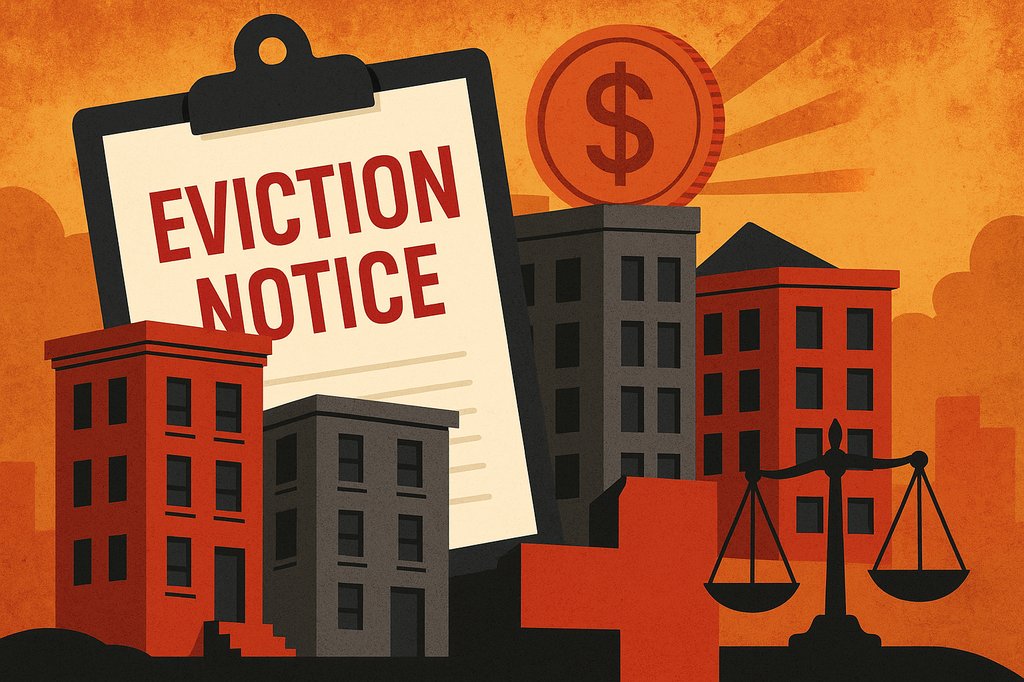Resources for Section 8 Housing Rentals
By: Elizabeth Whited | The Rent Rite Directory
Have you recently decided to rent to Section 8 applicants, or do you have experience in government assisted housing programs? There are a few things to keep in mind when renting to Section 8 tenants, and great online resources to help make things easier.
GoSection8.com is a site dedicated to helping individual landlords find qualified Section 8 renters. With over 6 million pages views monthly, this is the most popular resource for Section 8 landlords and tenants throughout the country. You can download their landlord guide, and compare prices of other rental properties in your area. There are also portions of the site dedicated to the applicants, and housing authorities.
Other websites are available that can help after or during a resident’s stay in your Section 8 rental property. These sites allow you to report damages, unauthorized guests, evictions, lease violations, and on-property crime. The key to renting to Section 8 Tenants is to perform due diligence, as the Housing Authority will not screen the applicants for the landlord, they only screen the applicants to see if they qualify for their program. It is good practice to run both credit and criminal checks on all applicants, in case you are concerned about renting to anyone with a criminal history (be sure to comply with all Fair Housing Laws and note Disparate Impact).
Another important resource in which to find checklists, paperwork, laws, and contact information to the housing authorities is the U.S. Department of Housing and Urban Development’s website – HUD.gov who manages all Section 8 Voucher Programs.
Staying up to date on all of the laws in your state and county will help in understanding discrimination laws. A new Oregon law which is set to take effect July 1, 2014 proposed by House Speaker Tina Kotek, will make it illegal to discriminate against renters who use any of the federal Section 8 voucher programs. This does not mean that landlords cannot turn down Section 8 applicants, but that the reason must reflect their financial/criminal past, and blanketed “No Section 8” policies will not be tolerated (Oregon Live).
States like New York, Massachusetts, New Jersey, and Illinois have already made a renter’s source of income a protected class. However if a Section 8 tenant needs to be evicted, there is no protection from the H.U.D. to change the eviction process. Tenants must inform their local Housing Authority if for any reason they are unable to pay their part of the rent. Industry leaders note:
“Section 8 is a little different than typical landlord/tenant relationships as the government approves tenants for the program, and the property must be inspected to ensure it qualifies to rent to a Section 8 tenant. The landlord makes {their} own lease agreement with the tenant so it should include a damages clause. If the tenant damages the unit in any way they should be put into a rental history database to share information to other landlords.”
If an eviction is executed, in almost every case, the Housing Authority will revoke the voucher from the tenant. Since the waiting list to get Housing Assistance vouchers can take years to get, it would be hard for the renters to hop to another government assisted apartment or house. Tenants can file a grievance hearing if they have been evicted for any reason other than a criminal offense (tenantsunion.org).
These websites give a clear picture into what companies are out to help landlords rent to Section 8 applicants, while helping to protect their investment and follow all Fair Housing Laws.

Elizabeth is the Operations Coordinator at the Rent Rite Directory. She has written educational articles for multifamily magazines and Real Estate websites to help Property Managers and Owners improve their properties, and reduce crime in their communities.









